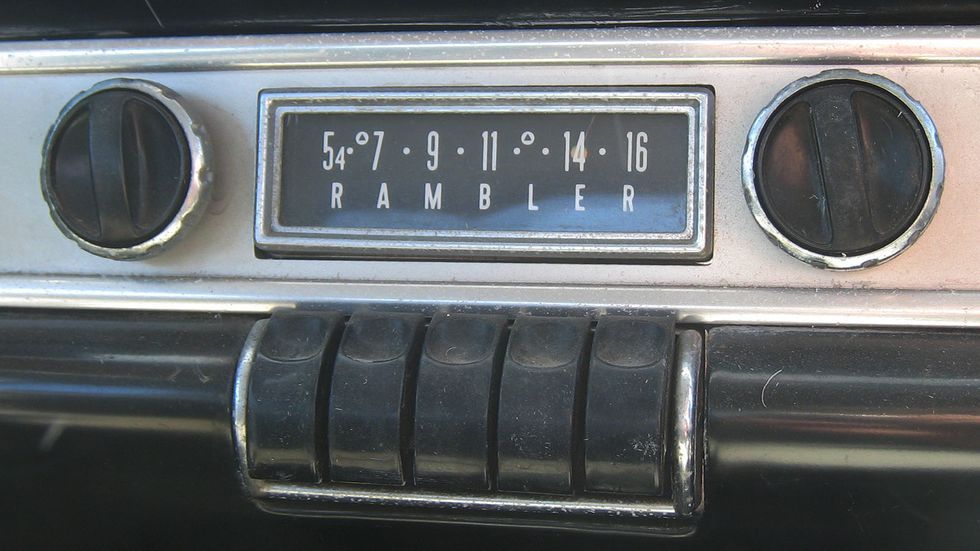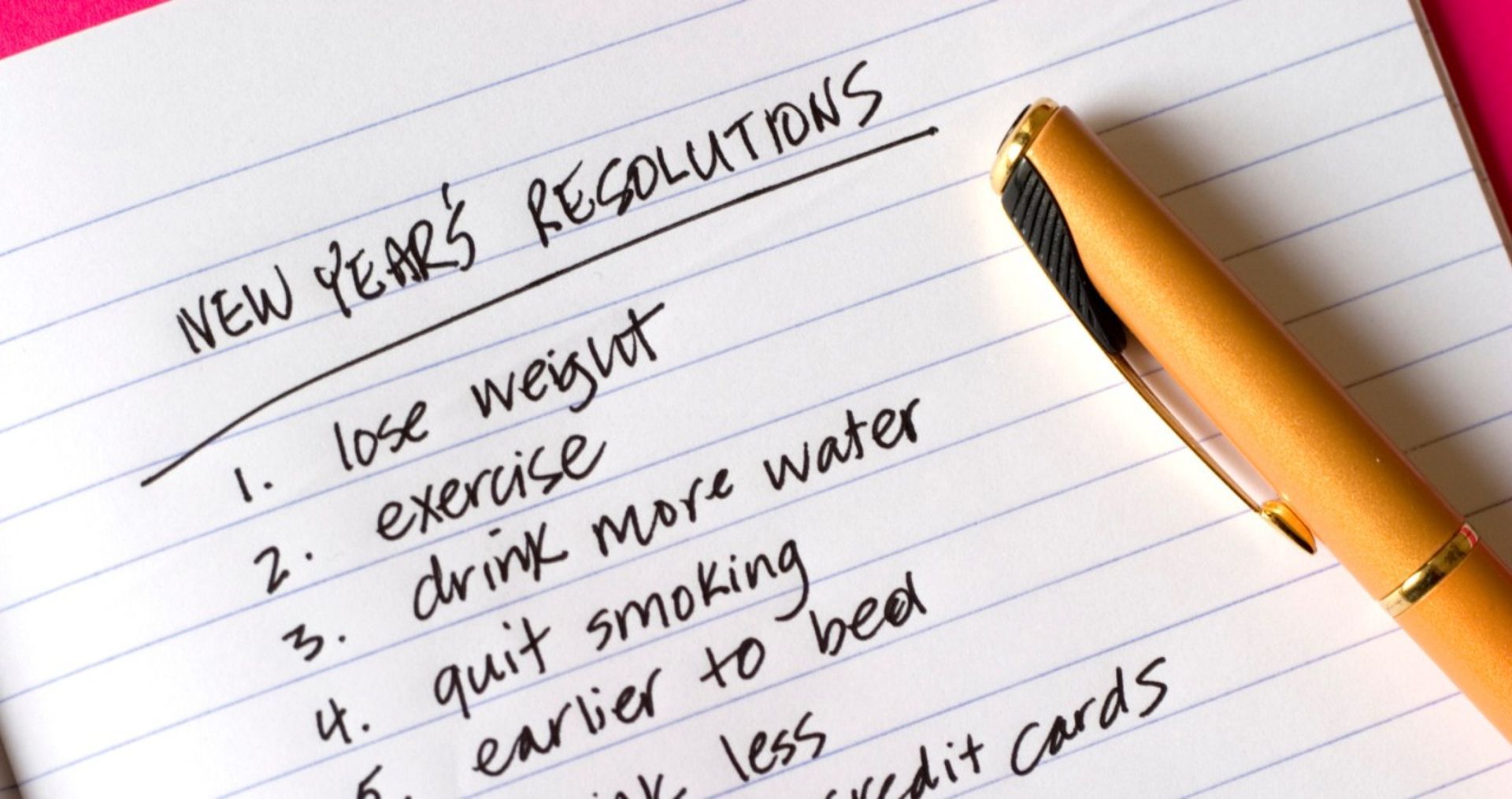The Legacy of Pen and Paper
September 14, 2021
“Write this down, people.”
It was Ms. Raymond’s way of letting us know what she was about to say was important. Then she would look around the room. If someone wasn’t reaching for their pen or pencil or poised to capture her next words, she would stare at them until they surrendered to her withering gaze. She believed to understand and remember something, you needed to write it down. And she was right. The notebook from her civics class disappeared long ago, but some of the lessons remain.
This was when pen, pencil, and typewriters ruled, and digital was a reference to human fingers, not technology. Today it’s rare to see someone scribbling on paper. Instead, they thumb their thoughts into a smartphone or tap away at a laptop keyboard.
I’m partial to paper. Tablets and notebooks accompanied me throughout my corporate career. I captured meeting notes, action items, casual observations, and the occasional doodle. They also kept me company outside of work. Pages of handwritten personal thoughts and observations, story ideas, jokes, to-do lists, and reminders cram various notebooks and yellow legal pads cradled in plastic storage bins. I am not a Luddite, and there is a fair amount of my material and final work product stored on hard drives and in the cloud, but I’ve always been inclined to reach for pen and paper before a smartphone or laptop to record a thought.
Science is on the side of the scribbler. Studies show that people who sit in class and meetings typing away may capture more information, but they are transcribing, not thinking. When handwriting, you have to be selective. You’re forced to listen, summarize, and capture the most important details. Recall of handwritten information far surpasses that of typewritten because of the way you engage your brain. And when you engage your brain through handwriting, it activates and stimulates areas that don’t respond to typing.
More than 7200 pages of notes and scribbles survived the death of Leonardo DaVinci. Granted, Leonardo could only eat apples, not type on them. Still, there is no arguing his breadth of thinking and influence across many fields of study like astronomy, engineering, botany, anatomy, architecture, and art. DaVinci’s notes were crucial to biographer Walter Isaacson’s research for his excellent book
on the life of this original Renaissance Man.
Isaacson concluded the book with his thoughts on what we can learn from Leonardo. One of those lessons is “Take notes, on paper.” As Isaacson observes, DaVinci’s notes survived five hundred years and continue to inspire us. Our notebooks, if we use them, can serve to inspire others. Tweets, posts, and TikToks will be lost to the ether, and inaccessible and easily corruptible hard drives imprison digitized works. Our writings and sketches may not impact scholarship like DaVinci's, but imagine their impact on our grandchildren and great-grandchildren. It might be a bit ambitious to think what we have to say will resonate in five hundred years, but what about forty or fifty?
In the immortal words of a teacher that still resonate with me after nearly five decades:
"Write this down, people."
Like what you read?
Subscribe to my mailing list and get notifications to your inbox when my next blog post goes live.
Contact Us
More By Joe



